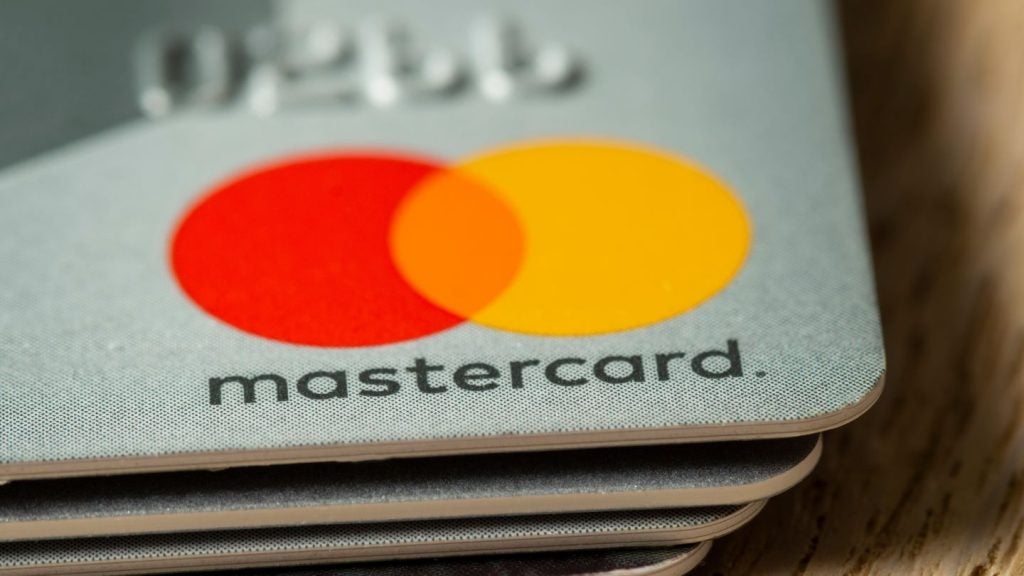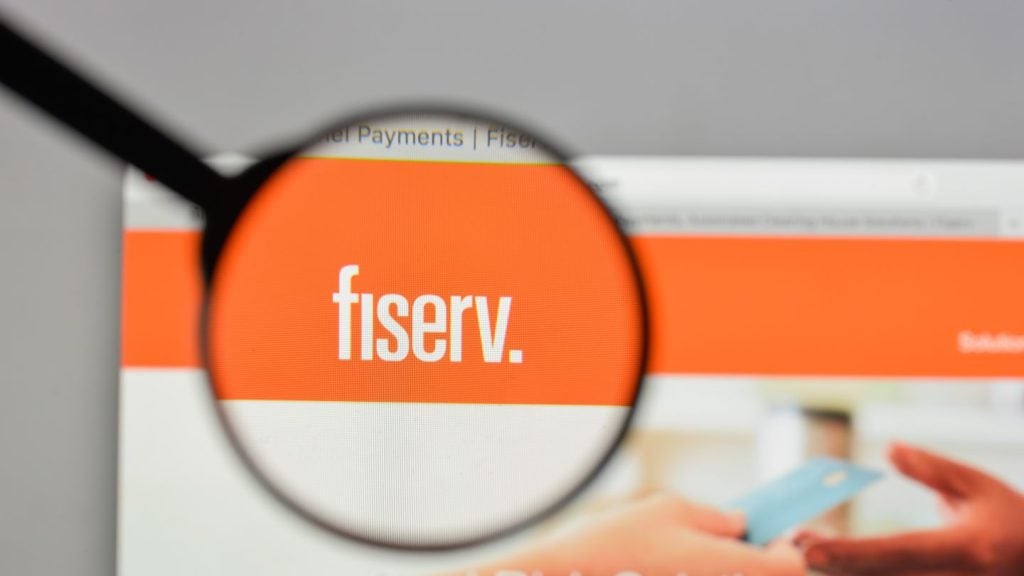There’s been a notable shift in the fintech industry over the past year, as many companies begin to focus on sustainable growth, rather than growth at all costs. One way they’re looking to gain ground is by reimagining relationships within the ecosystem, acknowledging that no single fintech has the power to fix every problem or payment pain point alone.
Beyond the traditional kinds of partnerships, new strategic alliances are being forged as a valuable way of doing more with less. In some cases, this means leveraging the strengths of other (sometimes competing) businesses’ technologies. It seems we are moving into a period of co-opetition, where companies – be that a bank or a fintech – that may have previously been pitched against each other as competitors, are now building strategic alliances to achieve mutually beneficial goals, solve problems for their customer segments and find new growth opportunities.
The age of co-opetition emerges
Many fintechs are now refining their proposition to concentrate on one or two key areas of opportunity. Increasingly this means partnering to boost competitive advantage and build value-add services. A recent study by Discover found that 93% of fintechs say they are reliant on partnerships with other industry players, such as payment networks, to deliver on their strategies, for example.
But building alliances isn’t just about young fintechs leveraging the network and capabilities of established payment companies. For instance, financial institutions who are struggling to compete with the growing number of sophisticated fintechs, may opt for a co-opetition approach to overcome legacy issues and drive innovation, without having to develop the underlying technology themselves.
For example, earlier this year, ANZ and Westpac put forward an unusual ‘reverse pitch’ to get fintechs to partner with them in order to solve the problem of the declining use of cheques. In a joint statement, the two banks said they were seeking innovative technology-based solutions for their cheque-centred problem; accelerating the transition to digital payments.
Working with the fintech community and leveraging the ecosystem’s technological expertise is often an easier and more cost-effective solution to fixing problems. On the other side of the coin, for fintechs, there is a real opportunity to benefit from the insight and scale that established financial institutions can offer.
Opportunities secured, problems fixed
By entering into strategic partnerships and leveraging the technology of allies, payment companies are able to enter new markets, augment their own systems and drive innovation. This can unlock new customer groups, reduce time to market and even support merchant retention.
Payments orchestration is an interesting case in point. Many acquirers and PSPs have long considered orchestration providers to be a threat. However, we’ve noticed that many are now starting to rethink their go-to-market approach and evaluate whether building relationships with industry peers, or even perceived competitors like orchestration platforms, could present a valuable opportunity.
Given the continuous evolution of payment methods, regulation and consumer shopping habits, most merchants are looking to their payment providers to help them keep up with shopper demand and the technology complexity that comes with it. But this can compound the problems that acquirers and PSPs are facing – not only do they need to find a way to meet these merchant needs, but they need to do so in the face of a commoditisation of acquiring services – where merchants will easily jump ship for a cheaper price.
This is why we’ve seen a wave of incoming enquiries from payment providers who are now exploring orchestration as an opportunity to tap into specialist technology, using orchestration as a distribution or execution layer for payments. The idea here being that they can leverage easier, more cost-effective routes to targeted merchant volumes and deliver against the demanding innovation cycle that merchants need.
Creating value across the ecosystem
Strategic alliances not only present new opportunities for fintechs, but also for merchants and consumers. When looking at payments, co-opetition can lead to the delivery of a seamless payments experience and increased optionality at the checkout for consumers. Apple Card, for example, which was brought about by partnerships with Mastercard, Visa and American Express, does just this by offering increased payments choice to a wider consumer base. In turn, this leads to increased consumer stickiness and loyalty through the offer of catered solutions.
Yet, not all partnerships are created equal and some don’t achieve their full potential. To really drive growth and innovation in the industry, fintechs need to work closely together and build highly engaged relationships that benefit all parties. The strongest cooperative relationships are those where participants can agree on shared values and objectives, going beyond simple technology integrations and referral arrangements, to address mutual challenges and opportunities – and to deliver a cascade of value throughout the payment chain.
Shifting sands in the industry means that partnerships are becoming an increasingly important ‘growth hack’ for payment and financial services firms looking to innovate. It’s more than just collaboration, it’s about creating a mutually beneficial situation that solves specific problems. Co-opetition does not sacrifice the kind of healthy market competition that is essential for growth, it merely allows competitors to join forces, find opportunities and fix problems in different ways.
As the industry continues to grow, co-opetition will become a central strategy for companies seeking to drive progress and deliver increased value to consumers.








